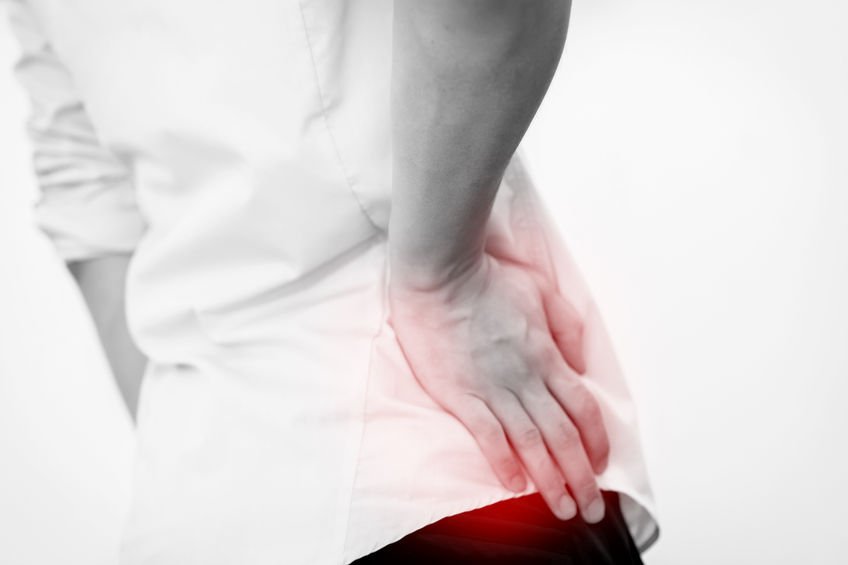I’ve been wanting to write about this for some time now, and
finally getting around to it. It is a condition that we see frequently at the
clinic. The people who we see at the clinic, generally appear to have been
suffering for a long period of time. They put up with the pain as they don’t
know what to do about. It ends up affecting their mobility, stopping them from
getting out of the house, having difficulty doing stairs, being unable to walk
long distances, all which leads them to a fear of doing things because they
worry about pain. They worry and have a fear about falling. They worry about
having to rely on someone else to help them. They have difficulty dressing.
So today, I’d like to just give you a little more
information about hip bursitis in the hope that it alleviates those fears and
worries.
Hip Bursitis
1.
What is it?
Hip bursitis is inflammation/irritation of one of the two
main bursae in the hip. These bursae are small fluid filled sac of fluid which
prevent friction between the bone and surrounding structures, thus enhancing
smooth movement of the joint. Trochanteric bursa is found at the outside of the
hip joint, and ischial bursa is found at the sit bones in the buttock area.
Remember bursitis is not arthritis and is thus not a true joint pain.
2.
What causes pain?
As mention above the cause of pain is due to inflammation.
The inflammation occurs as a result of trauma, injury or strain to the area.
Often caused by repetitive motion injuries from common tasks such as housework,
walking, brushing up, repetitive bending/squatting or painting. Sports which
would have a higher frequency of hip bursitis include skiing, hiking or sports
that have kicking as a component to it.
Other things include tight muscles around the hip. As we get
older, we tend not to be as flexible as we once were, so our bodies tend not to
tolerate as much stress.
There is also another form of bursitis, septic bursitis,
which is caused by a bacterial infection in the bursa, which leads to
inflammation. This form of bursitis is less common.
3.
What are the signs?
Pain on the outside of the hip (trochanteric bursitis),
makes it difficult to lie on the affected side and can affect sleep patterns.
There is generally a dull, burning pain on the outer hip and thigh that is made
worse with walking, exercise and climbing stairs.
Ischial bursitis tends to be a dull pain located in the
upper buttock area. It is made worse with prolonged sitting or even walking
uphill.
4.
What is the treatment?
Medical treatment for hip bursitis tends to include taking
analgia, anti-inflammatory medication and corticosteroid injection. Whilst
these all may be of some benefit, to relieve pain, they don’t always get to the
route cause of the problem.
Physiotherapy assessment will provide a clear reason as to
why the bursa is becoming inflamed, meaning that treatment can be directed more
at the cause of the inflammation. Your physiotherapist will employ manual
techniques along with corrective exercise programme for treatment.
Rest and ice can be used to ease pain and inflammation.
In some cases the bursa can also be aspirated or drained by
a doctor to ease the inflammation
For infected bursae, a course of antibiotics may be required
to treat the infection.
5.
Take action!
My advice, don’t delay! Take action and get your hip pain
checked out.
If you delay, thinking that the pain will just go away, you
are more than likely making things worse, as you haven’t gotten to the real reason
why the pain is there in the first place. Don’t get me wrong, the pain may subside,
and you think everything is alright, however more than likely the problem will
return as the cause of the pain remains unresolved.
At our Specialist Physiotherapy Clinic in Lisburn, we are
able to offer you a 100% FREE Discovery visit, where one of our specialist
physiotherapists is able to assess you and tell you exactly what is happening.
If
you have any further questions about hip pain or how to help ease it, then
please feel free to contact the clinic at 028 9266 6959, or
gavin@gavnoble.com
.
